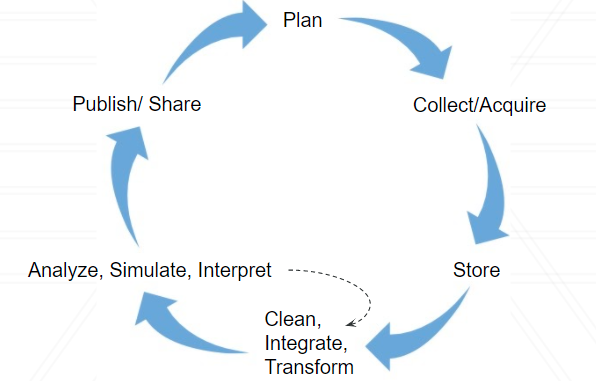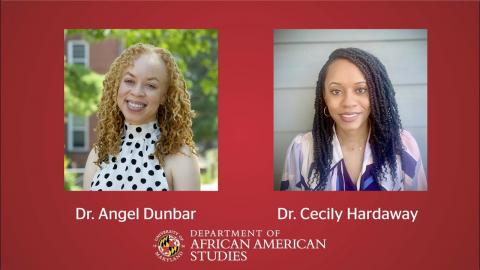Budgeting for Specific Items of Cost
Budget considerations
Salaries
Budgeted salaries must be a reasonable estimate of the amount of time/effort each individual will devote to the project. The amount of salary charged to sponsored projects should roughly match the amount of time attested to on effort reports.
Time charged to a grant does not automatically mean course release or buyout. Release from instruction time is negotiated between the faculty member and their Chair/Director.
Benefits
The University of Maryland has a negotiated a fringe benefit rate. This means that all employees within given categories are charged the same fringe benefit rate regardless of their actual benefit costs. The benefits rates are broken into four groups:
- Faculty
- Staff
- Limited benefits (contractual faculty/staff, graduate assistants)
- Legislated benefits (hourly students, faculty/staff additional pay)
Rates will be charged based on the expenditure object code. For sponsored project budgeting, it is important to know the category of employee who needs to fill a role in order to budget for them properly. Keep in mind that 9-month faculty may have different salary object codes in the academic year versus the summer, which means they may be subject to different benefit rates. Fringe benefit rates may not be inflated across years on sponsored budgets. Salaries may include an escalation factor, but the benefit rates must not. The rate applied will change annually based on a review of the costs and rates at the central level and changes will be applied to sponsored projects across the board as they are to non-sponsored accounts.
For more information, visit the Fringe Benefit Rates section on the Provost's website, which is updated every year as the rates are re-negotiated, and the visit the Benefits & Stipends page on ORA's website.
Travel
All travel must be directly relevant to the project and reflect activities in the project narrative.
All federally-funded travel must comply with federal travel regulations. Federally-funded foreign travel must also comply with Fly America Act. For more information on BSOS practices for foreign travel, visit the SMART Center's website. Reimbursable rates for per diem and mileage can be found on the Travel Services website.
Materials and Supplies
This section of the budget should include all items which are necessary for the conduct and completion of the sponsored project. Computers (under $5,000) are considered a supply under the Uniform Guidance, which means they must be justified as specifically necessary to a particular project or activity. Otherwise, computers would normally be considered an office supply and, as such, covered by departmental funds. In general, the BSOS Dean's Office requests that departments include quotes in their proposals for materials and supplies costs greater than $20,000 for one item.
Consultant Costs
Consultants are experts outside of the University of Maryland. The rates for consultants must be reasonable and justifiable. Keep this in mind at the proposal stage, as at the award stage when the consultant must be paid they will be asked to provide an invoice covering similar work which has been paid by another entity. Additionally, some sponsors limit consultant rates by the day.
Indirect Costs
Indirect costs (aka overhead) should be included on all externally-funded projects. Rates differ based on the type of activity conducted under the sponsored award, and the location of the project. Unless there is a publicly available or statute-mandated sponsor limitation, the full F&A rate should be calculated and charged. New in 2018 there is a rate specific to Department of Defense contracts. The current F&A memo along with the implementation plan can be found on ORA's website.
In limited circumstances on non-federal awards, the BSOS Dean's Office will consider requests to waive part or all of the indirect costs. Before requesting such a waiver, contact the Director of Research Administration, Rebecca Hunsaker, at hunsaker@umd.edu.
Indirect expenditures come back to the college, department, and faculty in the form of DRIF return. It is therefore in the best interest of the department to include full indirect costs in sponsored project budgets.





